For a decade, scientists have been scratching their heads when trying to put a date on primeval events like the crystallization of the magma ocean on the moon or the early formation of Earth’s continental crust.
Their problem? A revised estimate of the half-life of a radioactive isotope called samarium-146 that is used to gauge the age of ancient rocks.
The updated value, published in 2012 in Science, shortened samarium-146’s half-life by a whopping 35 million years, down to 68 million years from the standard estimate of 103. This reset the clock on the solar system’s early history and suggested the oldest rocks on Earth could have formed tens of millions of years earlier than previously thought.
Continue reading One small error for a physicist, one giant blunder for planetary science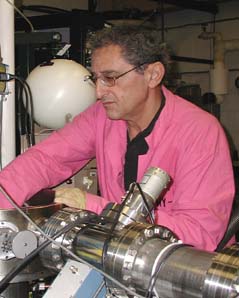
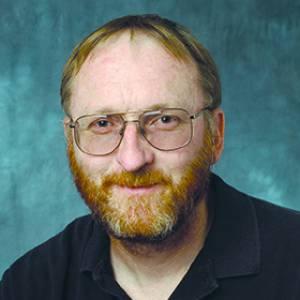
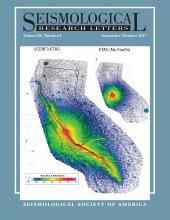
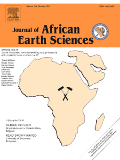 In February 2016,
In February 2016,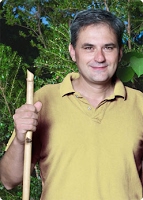
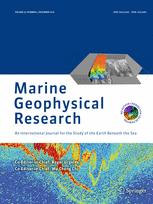 A 2016 paper has been retracted at the request of a company that provides geoscience solutions because the authors—who are employees of the company—included proprietary information and didn’t obtain proper permission.
A 2016 paper has been retracted at the request of a company that provides geoscience solutions because the authors—who are employees of the company—included proprietary information and didn’t obtain proper permission.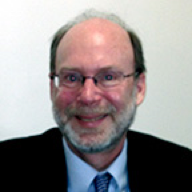
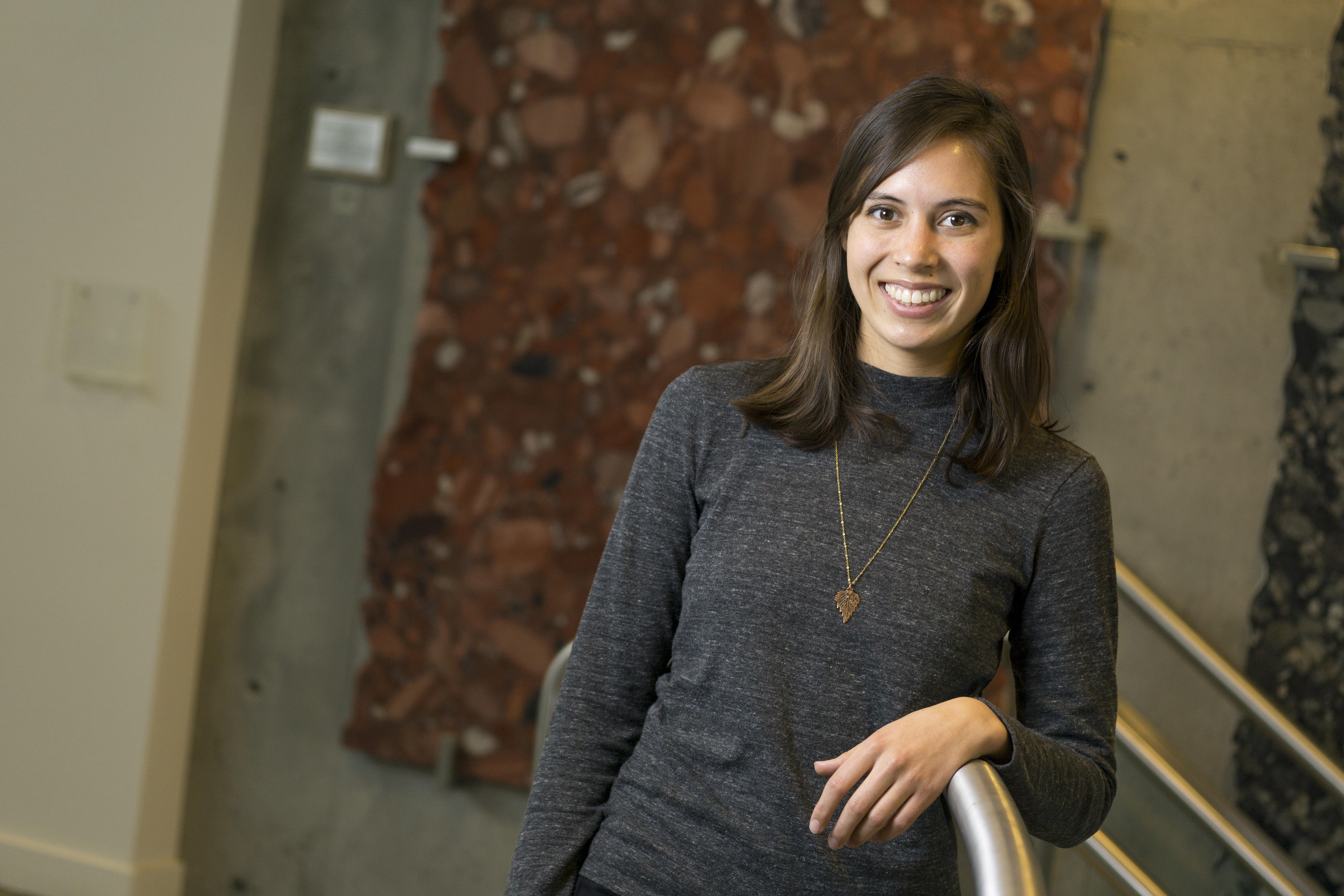
 A U.S. Congressional subcommittee is investigating two cases of fraud affecting one Colorado lab run by the U.S. Geological Survey (USGS).
A U.S. Congressional subcommittee is investigating two cases of fraud affecting one Colorado lab run by the U.S. Geological Survey (USGS).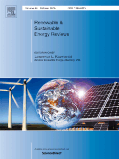
 With so many
With so many